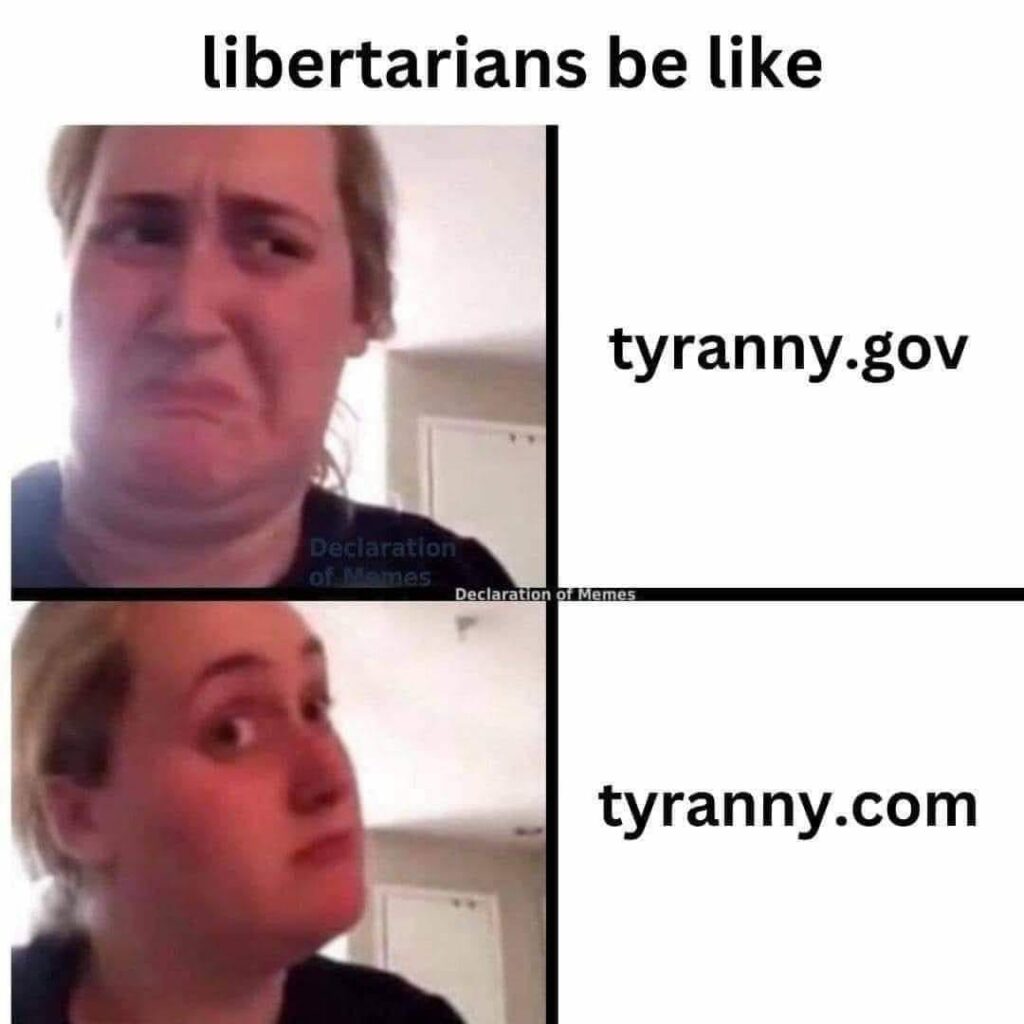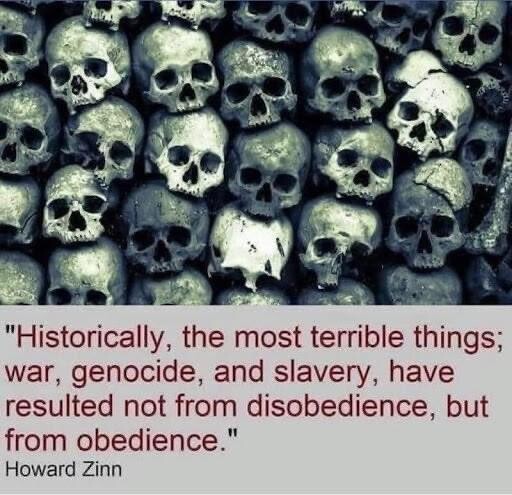The internet’s origins are tangled with the military-industrial complex, designed for resilience in the face of catastrophe. But the protocols themselves, once set loose, created a playground for anarchistic experimentation. The lack of centralized control allowed people to build without permission, and that openness birthed the wild, decentralized internet we briefly glimpsed.
It was an accident, but an accident we can repeat. The #dotcons crushed that brief era of freedom, but the same dynamics that let the early #openweb flourish still exist. The #4opens, the #Fediverse, #OMN — these are our tools to recreate the “mistake” deliberately this time.
What if we embrace the idea that technology can escape its creators? Maybe we can compost the current #techshit and let something even more resilient grow. What do you think? Should we lean into the idea of building “mistakes” on purpose?
It’s well past time to pick a side. For decades, the internet has been being enclosed. The one’s living decentralized network of commentary sites, blogs, forums has been corralled into a handful of paved prison yards controlled by the #dotcons. With most people’s attention and thus freedom being in the hands of a #nastyfew oligarchs. Every post, every ‘friend,’ every creative work is locked behind closed doors, and when push comes to shove as it is now, you will increasingly find that you don’t have the keys.
But the keys still exist, and it’s not so hard for you to pickup them up. There has been a #openweb digital jailbreak going on for the last 5 years, if you value your humanity you need to become a part of this blackout, put the key in the lock and turn it.
OK, yes, maybe a little strong, the #openweb isn’t a utopia, but it’s the closest thing we’ve got to freedom online. It’s built on the #4opens: Open Source: The code is public, hackable, and accountable. Open Data: Information flows freely, not hoarded for control. Open Standards: Interoperability beats lock-in monopolies. Open Process: Transparent governance, not shadowy boardrooms.
This #fediverse path is an escape hatch from the #closedweb. It’s not a product. It’s not something you can buy stock in. It’s a network of interconnected platforms like #Mastodon, #Lemmy, and #PeerTube to name a few, all running on the open protocol #activertypub. It’s messy. It’s human. And it’s yours if you take it.
It should be easy to see that the #closedweb is a digital prison, a mausoleum for human creativity, dressed up like a theme park. It’s run by billionaire-controlled #dotcons and polished by the illusion of safety sold by the #encryptionists. Who keep misshaping our paths. What did they offer? Control: Your identity, your data, your connections — all owned by them. Manipulation: Your timeline, your reach, your visibility — dictated by algorithmic gods. Exploitation: Every interaction, every word, every click — another drop in their profit bucket. We’ve eaten their lie that the internet had to be this way. That Meta, Google, and the hollow husk of Twitter are the price of admission to digital society. But simply, it was never true.
OK, I get your apathy, why does it matter? Because when we blur the lines, we lose the fight. People pour energy into platforms that wear the clothes of progress but are stitched with threads of control. We need to clearly label projects as #openweb or #closedweb, so people can choose where to dig in and build. The #4opens are our shovels, and the remnants of failed #web03 promises are good compost to start on. Let’s turn the decay of false hope into fertile ground for real digital commons.
The internet wasn’t built to be a machine for ad revenue. It was built to connect the paths for radical, collective steps we need in today’s mess.
Grab a spade. Let’s start digging. #OMN
This post is inspired by this #fluffy post to add to the #hashtagstory



